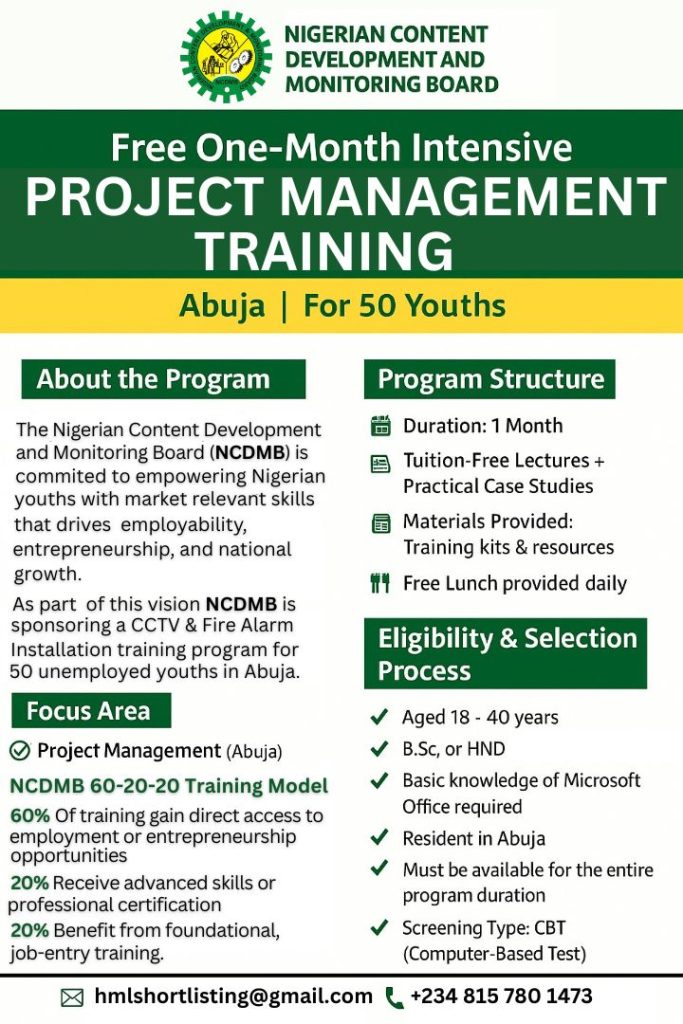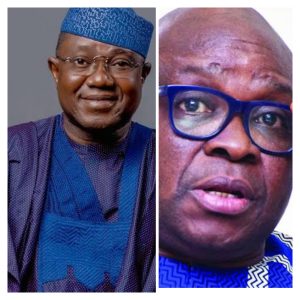
The term ‘demarketing,’ which describes strategies to discourage demand for something, is finding a new sinister application in the Nigerian socio-political landscape, and it is not mere assumption but the sad reality.
It is an accurate diagnostic of a systemic pathology which reframes the conversation from one of administrative incompetence to one of active devaluation.
This is not about the absence of positive branding but about a prolific, and systemic campaign of negative branding orchestrated by the country’s own custodians.
Before the United States government re-designated Nigeria as a “Country of Particular Concern”, some of the country’s political leaders and public office holders routinely accused critics of the government’s excesses of demarketing the nation.
This charge was a convenient silencer, a way to equate patriotism with blind loyalty.
A nation’s brand is its most valuable intangible asset. It is a composite of perceptions built on pillars of security, good governance, cultural heritage, and investment potential.
The leaders and public office holders, through specific, observable actions, attack each of these pillars, functioning not as architects of the state but as its devaluation and demolition crew.
They have transitioned from bungling failures in governance to active agents of national demarketing.
The most direct form of demarketing is discursive. When government officials issue blanket denials of severe international allegations (e.g., religious persecution, human rights abuses) with propagandistic press releases instead of evidence-based white papers, they cede the narrative battlefield.
The re-designation and the government’s continuous feeble responses are a good example of how to demarket a nation.
For instance, both on the ‘Piers Morgan Uncensored’ show and during meetings with US Congress officials in Washington, it was alleged that the top government officials involved in these supposed diplomatic lobbying missions couldn’t present credible and verifiable data to buttress their positions.
With their alleged incongruous, spurious, and unverifiable data, they seem to have confirmed the very accusations of intolerance and institutional weakness they seek to rebut.
This rhetorical ineptitude, amplified on global media platforms, signals to the international community a country incapable of introspection or strategic dialogue, thereby deterring serious diplomatic and cultural engagements.
The country’s historical soft power is being squandered by a transactional foreign policy. When international engagements are devoid of strategic vision and focused on short-term political gains, it demarkets the nation as an unreliable partner.
The systematic subversion of institutions designed to uphold the rule of law and ethical standards functions as another powerful mechanism of national demarketing.
For instance, when the legislature becomes an appendage to the executive, when most citizens lack confidence in judicial outcomes, or when the executive arm chooses which judgments to obey.
Even though the National Judicial Institute( NJI) has vehemently denied the alleged participation of Judges in singing the political anthem ‘On Your Mandate We Shall Stand’ during the 2025 All Judges Conference, the optics of such a song being played on such an auspicious occasion are not good, and it demarkets the country on the global stage.
The failure of the security apparatus to protect citizens from non-state actors brands the nation as ungoverned and perilous. This institutional hollowing-out directly demarkets the country.
For instance, during the US congressional public hearing on Nigeria as a Country of Particular Concern, it was alleged that in Plateau State, a pastor informed the government about intelligence of a planned attack, but it was ignored, and the next day, 13 lives were lost in an attack.
The Federal Capital Territory(FCT )demolitions, in their current form, represent a catastrophic failure of strategic communication and governance. While the goal of a planned and orderly capital is valid, the method has become an exercise in national self-sabotage.
The images of displaced citizens, lost livelihoods, and the sheer economic waste of destroying functional infrastructure create a humanitarian crisis that resonates globally.
Also, the ongoing controversy surrounding the Museum of West African Art (MOWAA) in Benin City, Edo State epitomises this demarketing paradigm.
Instead of being hailed as a world-class project with the propensity to boost tourism and cultural prestige, it has been ensnared in bitter, public political warfare between administrations and traditional institutions.
This spectacle, played out in national and international media, sends a clear demarketing signal that Nigeria is a jurisdiction where long-term developmental projects are hostage to short-term political vendettas, a potent deterrent to future international cultural and financial partners.
The Real Demarketers of Nigeria is a sobering indictment that demands a paradigm shift in political conduct. The damage inflicted is not merely to the reputation of a single administration but to the fundamental brand equity of the nation-state itself, which is a form of intergenerational betrayal that impoverishes all citizens.
Reversing this trend requires more than a public relations campaign. It necessitates a foundational recommitment to strategic governance, institutional integrity, and diplomatic sophistication.
The undeniable truth is that the most powerful nation-branding campaign must be earned through the consistent, day-to-day actions of its leaders and public office holders.
The political class must recognise that their primary role is not to rule but to build. They must recognise that every public statement, every policy decision, and every institutional act is a data point in the continuous calculation of Nigeria’s global brand value. To cease being demarketers and become nation-builders, they must pick up the tools of evidence-based policymaking, strategic communication, absolute transparency, and uncompromising accountability.
Augustine Eigbe, PhD is a Historian and Development Communication Expert.



